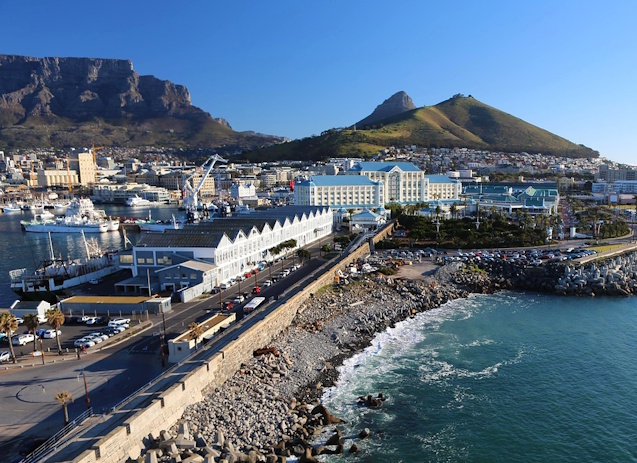South Africa vs Nigeria: A Comprehensive Comparison
1. Introduction
South Africa and Nigeria are two of Africa’s largest economies and most influential nations. While South Africa is known for its developed infrastructure and strong industries, Nigeria stands out as Africa’s most populous country and a key player in oil production. This comparison will highlight key differences in lifestyle, economy, and opportunities.
2. Geographical Overview
- South Africa: Located at the southern tip of Africa, covering 1.22 million km², with diverse landscapes, including mountains, beaches, and vast savannas.
- Nigeria: Located in West Africa, covering 923,768 km², with tropical rainforests, the Niger Delta, and the bustling urban sprawl of Lagos.
3. Key Comparison Table
| Factor | South Africa | Nigeria |
|---|---|---|
| Location | Southern Africa | West Africa |
| Size (km²) | 1.22 million km² | 923,768 km² |
| Population | 60 million | 220 million |
| GDP (Nominal) | $420 billion | $477 billion |
| GDP Per Capita | $7,000 | $2,100 |
| Cost of Living Index | Higher | Lower |
| Average Salary | $15,000 | $5,000 |
| Life Expectancy | 65 years | 55 years |
| Education Ranking | Strong university system | Developing system |
| Crime Index | High | High |
| Healthcare System | Public & Private mix | Mostly private-based |
4. Economic Comparison
- Nigeria has Africa’s largest GDP, primarily due to its massive oil production.
- South Africa has a more diversified economy, with strong sectors in mining, finance, manufacturing, and tourism.
- Cost of living: South Africa is more expensive, while Nigeria has a lower cost of living but higher inflation.
- Job opportunities: South Africa offers higher salaries, but Nigeria has more entrepreneurial opportunities due to its fast-growing economy.
5. Quality of Life
- Healthcare: South Africa has both public and private healthcare, with private hospitals offering high-quality services. Nigeria’s healthcare system is underfunded, leading to reliance on private care.
- Education: South Africa has some of Africa’s top universities, while Nigeria’s education system struggles with underfunding.
- Safety: Both countries face security challenges, with high crime rates in South Africa and issues like scams, kidnappings, and insurgency in parts of Nigeria.
6. Culture and Society
- Language: South Africa has 11 official languages, while Nigeria has over 500 ethnic languages with English as the official language.
- Work-Life Balance: Nigeria has a hustle culture, where entrepreneurship thrives, while South Africa has a more structured corporate work environment.
- Social Attitude: Nigerians are highly entrepreneurial and religious, while South Africans have a more westernized lifestyle due to colonial influence.
7. Pros and Cons
Pros of Living in South Africa:
✅ Stronger economy and higher salaries
✅ Better infrastructure and public services
✅ Beautiful landscapes and tourism industry
Cons of Living in South Africa:
❌ Higher crime rates in urban areas
❌ Economic inequality and high unemployment
❌ Frequent power outages (load shedding)
Pros of Living in Nigeria:
✅ Lower cost of living
✅ Vast business and entrepreneurial opportunities
✅ Rich cultural heritage and vibrant social life
Cons of Living in Nigeria:
❌ Underdeveloped infrastructure
❌ Unstable power supply and high fuel costs
❌ Security concerns in certain areas
8. Conclusion
Both South Africa and Nigeria offer unique advantages and challenges. If you are looking for better infrastructure, higher wages, and a more stable economy, South Africa is the better choice. However, if you prefer a fast-growing economy with entrepreneurial opportunities and a lower cost of living, then Nigeria might be the right fit.

